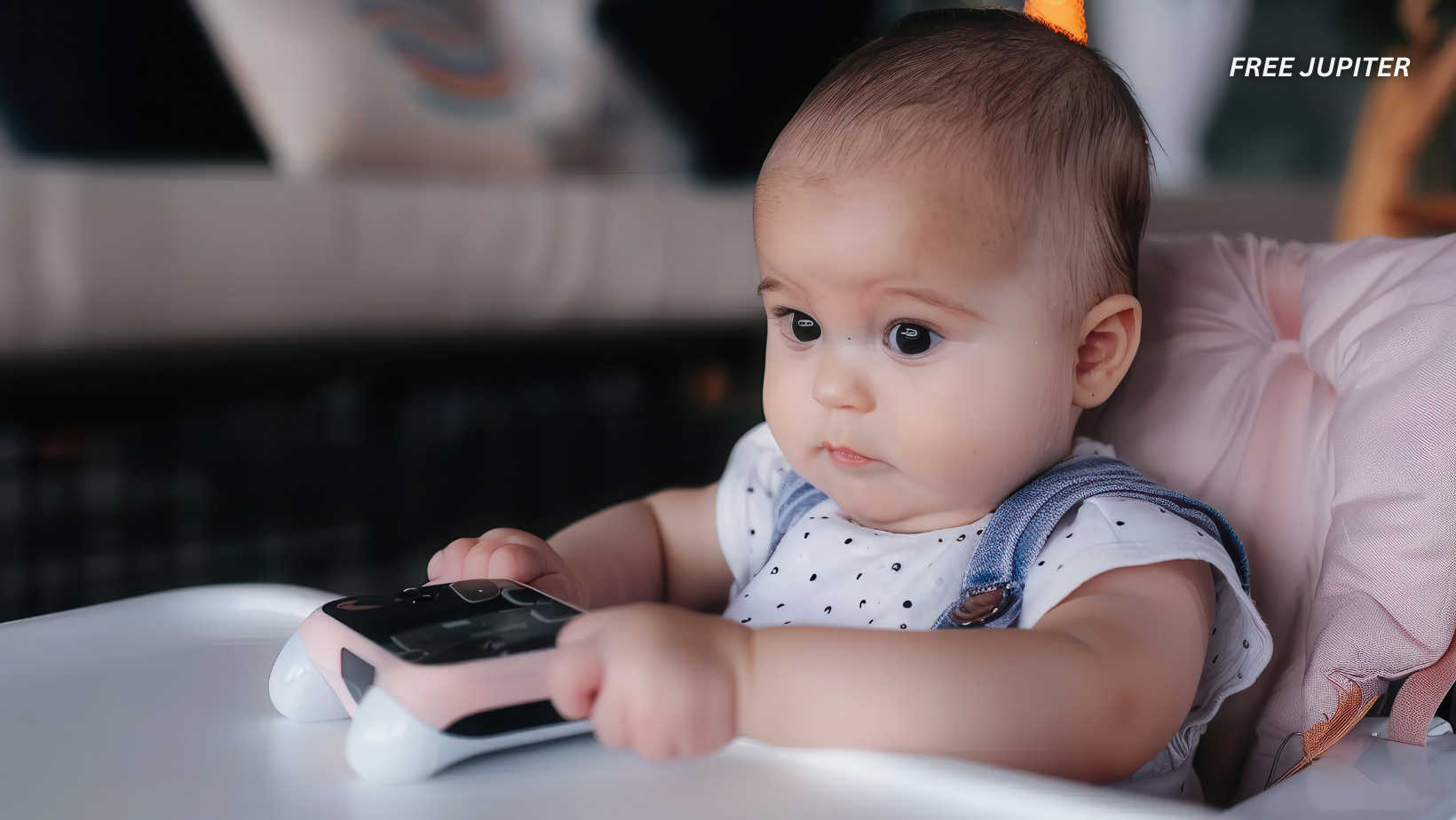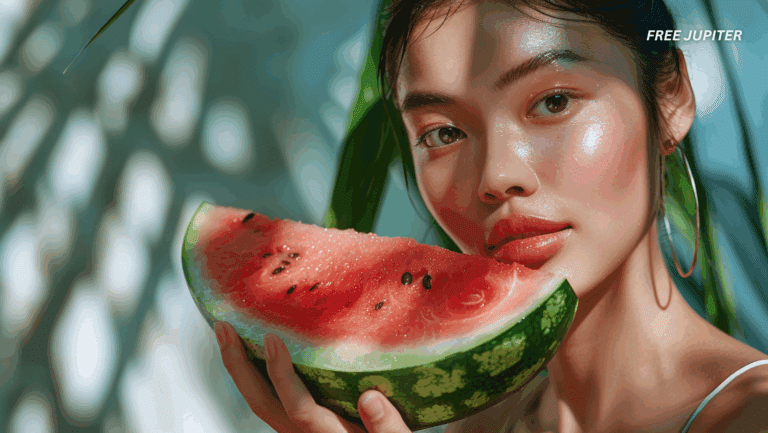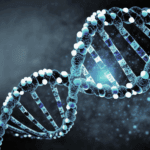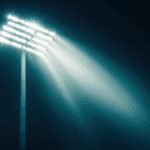It’s a sweltering day. Everyone’s sipping ice-cold water, fanning themselves, maybe even complaining about the heat. You glance at your newborn, who’s also feeling the warmth, and a thought bubbles up: Shouldn’t my baby have some water too?
The answer might surprise you: No — not yet. If your baby is under 6 months old, offering plain water — no matter how pure or how small the amount — can actually do more harm than good.
You’ve probably heard this advice before, but the “why” behind it is less commonly explained. The truth is, babies’ bodies aren’t quite built to handle water in their early months. From their tiny bellies to their not-quite-ready kidneys, there’s a lot going on behind the scenes that makes water a risky choice for infants.
So, let’s dive into the science — made simple, of course — and unpack what’s actually happening inside your baby’s body, and why milk (not water) is the hero of their hydration story.
Tiny Tummies and the Nutrient Dilemma
To truly understand why water isn’t safe for infants, we have to start with the basics: their stomachs.
At birth, a baby’s stomach is about the size of a cherry — only able to hold 5 to 10 milliliters, which is roughly 1 to 2 teaspoons. Yes, teaspoons. So when you give a newborn anything to eat or drink, you’re working with limited real estate. Every drop counts.
Now imagine replacing nutrient-rich breast milk or formula with… water. Water is hydrating, sure — but it doesn’t offer the calories, fats, proteins, or vitamins a baby needs to grow. It takes up space in their tiny belly without contributing anything essential.
Even though your baby’s stomach does gradually grow — reaching around 7 ounces (207 mL) by six months — until then, it still fills up fast. And when it’s filled with water instead of milk, your baby might miss out on the nutrients needed for healthy weight gain, brain development, immune strength, and even organ formation.
Think of breast milk and formula as premium fuel for your baby’s rapidly developing body. Water, while fine for adults, is like putting air in the gas tank — it doesn’t get the engine running.
Read more: Heart Attack Deaths Are Way Down—But Something Else Us Killing Us Instead
The Secret Work of Baby Kidneys
Another major reason water is a no-go for babies under 6 months? Their kidneys are simply not mature enough.
Kidneys filter waste and regulate fluid levels in the body. In adults, these organs are powerhouse filters, capable of handling liters of fluid without missing a beat. But in babies, they’re still learning the ropes — much smaller and far less efficient.
When you give a baby water, even in moderate amounts, their kidneys might not be able to process it all. The excess water can wind up in the bloodstream and dilute important electrolytes like sodium, which plays a key role in nerve function, muscle movement, and — most critically — brain activity.
This condition, called hyponatremia, happens when the body’s sodium levels get too low. It’s rare but serious. In infants, hyponatremia can quickly lead to symptoms like swelling in the brain, irritability, confusion, seizures, and in severe cases, coma or death.
What makes it even riskier is that the baby’s brain is also developing at lightning speed. Swelling in this sensitive stage of life can cause more damage than it would in a mature brain. So while water intoxication may sound like a freak accident, it’s a real danger that pediatricians warn about — and it can happen more easily than many parents realize.
Hidden Ways Water Might Sneak In
Most parents aren’t handing out water bottles to newborns. But water can still find its way into a baby’s system through less obvious methods.
1. Diluted Formula
It might seem harmless to add a little more water to your baby’s powdered formula — especially on a hot day when hydration feels urgent. But doing so messes with the carefully balanced recipe of nutrients in infant formula.
Over-dilution not only waters down the calories and nutrients your baby needs but can also tip their fluid balance toward danger. Remember: it’s not just about what’s going in — it’s about what’s being left out.
2. Swimming Pool Sips
Taking your baby for a dip can be a fun bonding moment — and some swim classes even start as early as 4 months. But if your baby accidentally swallows too much water (especially pool water filled with chlorine or salt), their system could get overwhelmed.
Even small accidental gulps could contribute to water overload, especially if combined with other sources of water or if your baby hasn’t had a recent feeding.
Read more: The Benefits of Eating Cottage Cheese Every Single Day: Science
3. Home Remedies and Well-Meaning Advice
Cultural traditions sometimes include water-based remedies — like herbal teas, sugar water, or rice water — to soothe colic, bring down a fever, or help a baby sleep.
Although these practices are often passed down with love, they’re not safe for newborns. Always check with a pediatrician before giving your baby anything that isn’t breast milk or formula, no matter how natural it seems.
So When Can Babies Start Drinking Water?
At around 6 months old, your baby is ready to explore new tastes — including plain water. But moderation is key. Start with a teaspoon or two at a time, mostly to introduce the concept of drinking from a cup or bottle. It’s more about the experience than hydration.
Don’t expect your baby to love water right away. Many make adorable “yuck” faces the first time it hits their tongue — especially if they were expecting warm, creamy milk. That’s okay. Over time, water becomes just another part of their mealtime routine.
Once your baby turns 1 year old, they can start drinking larger amounts of water freely, alongside cow’s milk and solid foods — provided their diet still meets their nutritional needs.
Warning Signs of Water Intoxication
Though rare, water intoxication can happen. Call your doctor or head to the emergency room immediately if your baby shows:
- Persistent or high-pitched crying that won’t stop
- Vomiting without an obvious cause
- Sleepiness or listlessness that seems unusual
- Muscle twitching or body tremors
- Seizures or unresponsiveness
You know your baby best. If something feels off, trust your instincts and seek help.
A Simple Rule of Thumb
Here’s a handy formula to remember:
Tiny Tummy + Unready Kidneys + Growing Brain = No Water Before 6 Months
It might feel counterintuitive, especially in hot weather, but rest assured — breast milk and formula provide all the hydration your baby needs in their first months of life. These liquid gold formulas are around 80% water anyway, with the bonus of immune-boosting, brain-building nutrients.
When In Doubt, Ask a Pro
Every baby is different. If your little one was born premature, has medical conditions, or you’re unsure about their hydration needs, always check with your pediatrician.
They’ll guide you based on your baby’s unique development and help you navigate when and how to safely introduce water into their diet.
Read more: How Much Alcohol Does It Really Take To Cut Your Life Short? Scientists Reveal The Shocking Numbers
The Bottom Line
It’s natural to want to keep your baby cool and hydrated, especially when the temperatures soar. But when it comes to newborns, less is more — and milk is best.
So for now, stick with the good stuff: breast milk or formula. It’s all your baby needs to stay hydrated, fed, and growing strong.
Water will have its time in the spotlight — just not yet.










